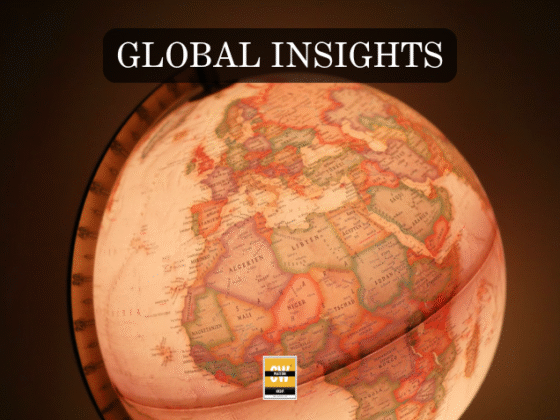Hollywood is facing one of its most heated debates in years after reports confirmed that several talent agencies are considering signing Tilly Norwood, an AI-generated actress created by Dutch comedian and technologist Eline Van der Velden. Developed through Particle6’s new AI talent studio Xicoia, Norwood first appeared in a comedy sketch in July and has since gained traction across industry circles. At the Zurich Summit over the weekend, Van der Velden disclosed that agency talks are progressing quickly, with an official representation announcement expected in the coming months. While talent agencies see the move as a potential breakthrough in digital representation, many Hollywood actors and unions have expressed outrage, arguing that it undermines human performers.
Prominent figures have voiced concerns over the implications of AI replacing or competing with human talent. Academy Award nominee Emily Blunt reacted strongly when asked about Norwood during a podcast appearance. “No, are you serious? That’s an AI? Good Lord, we’re screwed,” she said, adding that replacing human connection with a digital character is deeply troubling. When told that Norwood was being positioned as “the next Scarlett Johansson,” Blunt bluntly responded, “But we already have Scarlett Johansson.” Her remarks echoed the frustration many actors shared online, where comments described the development as “scary,” “exploitative,” and “a threat to creative livelihoods.” Actors including Chelsea Edmundson, Mara Wilson, and Eiza González also criticized the decision, highlighting not only concerns about work displacement but also the troubling optics of the first major AI actor being a young woman designed for total control.
In defense of her creation, Van der Velden took to Instagram to describe Tilly Norwood as a creative experiment rather than a replacement for human performers. She emphasized that the character was intended as “a piece of art” meant to spark conversation, not to undermine the craft of acting. “She is not a replacement for a human being, but a creative work,” she wrote, adding that AI characters should be evaluated on their own merits as part of a broader artistic ecosystem. While her statement positioned Norwood as an imaginative project, Van der Velden disabled comments on the post amid growing backlash, underscoring the intensity of criticism within the entertainment community.
SAG-AFTRA, which represents over 160,000 performers, also issued a firm response. The union declared its opposition to “the replacement of human performers by synthetics,” calling out the fact that Norwood was trained on the performances of countless professionals without their permission or compensation. The statement argued that AI-generated performers “create the problem of using stolen performances to put actors out of work, jeopardizing performer livelihoods and devaluing human artistry.” The timing of this debate is especially sensitive, coming less than two years after the historic SAG-AFTRA strike that highlighted AI protections as a central point of negotiation. With the rapid rise of AI in creative industries, the conversation around Tilly Norwood has quickly become a flashpoint for the future of entertainment, reflecting the tension between technological innovation and the preservation of human artistry in Hollywood.
Follow the SPIN IDG WhatsApp Channel for updates across the Smart Pakistan Insights Network covering all of Pakistan’s technology ecosystem.






